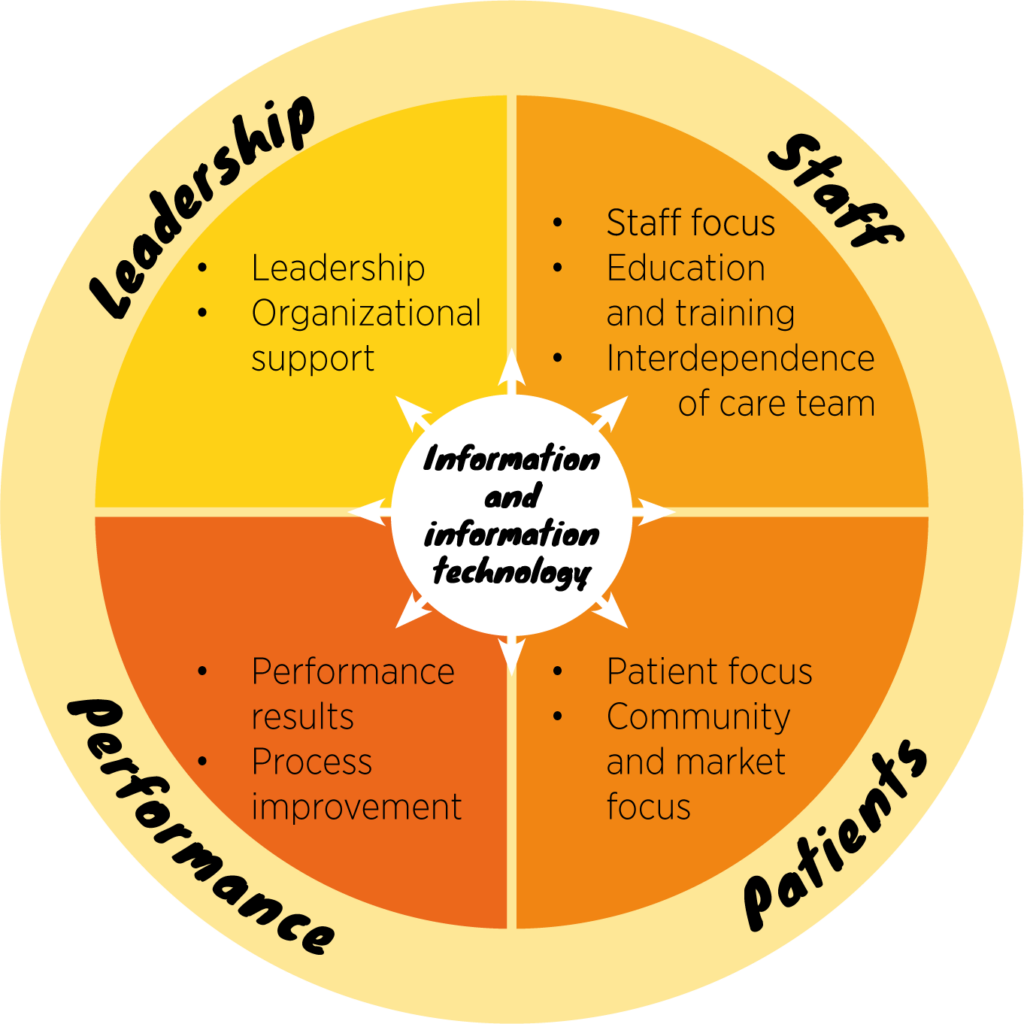In complex systems like Health Care, staff must adjust their daily work to make the system function as intended. The daily adjustments in a workflow across healthcare professionals, usually result in acceptable outcomes. Sometimes not. In common, called adverse events. The presumed causes of that are actions that in retrospect are categorized as faulty or wrong. But they can equally well be seen as cases where adjustments made by one person make it necessary for others to make compensating adjustments. Dependencies among such adjustments may lead to outcomes that no one had intended or expected; a dynamic condition called functional resonance. Functional resonance offers a way to understand non-casual and non-linear outcomes that in a way that does not depend on traditional linear cause-consequence thinking. This presentation focuses on the functional resonance in healthcare. Examples from the clinical practice will be presented and discussed.


